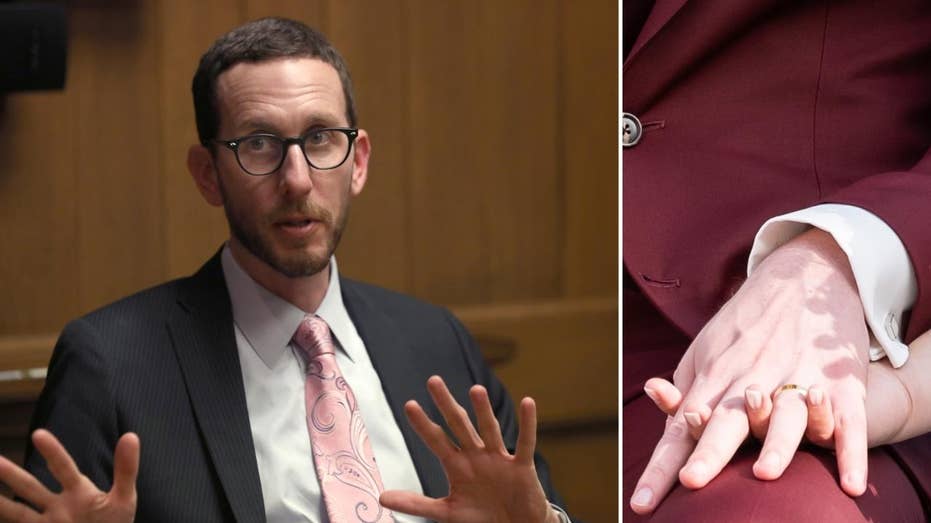New Jersey's anti-Russia law drastically scaled back after court loss
Major companies will no longer face state sanctions


New Jersey Gov. Phil Murphy’s administration has drastically scaled back the scope of a state law aimed at barring government dealings with Russian-affiliated businesses following a loss in federal court.
Now, the state is simply matching federal sanctions, effectively gutting the effort by Murphy and lawmakers to punish Russia for its 2022 invasion of Ukraine.
Shortly after the invasion, Murphy signed a bill into law that would blacklist companies in the state that were determined to be affiliated with Russia and neighboring Belarus. The law would have barred those companies from state and local government contracts, tax breaks, investment in the state’s pension system among other government dealings.
The law was initially so wide-ranging that companies that had a parent company that owned a Russian subsidiary could be subject to the state-level sanctions. That scenario ensnared the American subsidiary of Japanese electronics company Kyocera, which the state took steps to blacklist under the law.
But in December, the company won a permanent injunction from U.S. District Court Judge Robert Kirsch, barring the state from enforcing the anti-Russia law against Kyocera. Kirsch wrote that New Jersey acted unconstitutionally by essentially setting its own foreign policy when it tried to add Kyocera’s American subsidiary to the state blacklist.
Kirsch declined to strike down the law in its entirety since he wrote in his opinion that there could be instances where it was constitutional, such as if the state applied the law to a company facing federal sanctions.
In response to that court ruling, the state Treasury — which is responsible for enforcing the law — quietly posted a notice to its website earlier this week that said the state will interpret the law to follow Kirsch's decision. New Jersey's sanctions list will match the U.S. Treasury’s Specially Designated Nationals and Blocked Persons list for Russia or Belarus.
“In light of the U.S. District Court ruling for Kyocera, which had successfully challenged the constitutionality of the law, the State has decided to proceed by enforcing the law against companies that are subject to federal sanctions,” Michael Symons, a spokesperson for the Attorney General’s Office, said in a statement. “The State believes that this enforcement of the law is consistent with the court’s opinion and with state and federal law.”
That interpretation of the law is far narrower in scope than what was originally intended. According to Daniel Tannebaum, a partner at management consulting firm Oliver Wyman and a former U.S. Treasury official overseeing federal sanctions compliance, matching the federal sanctions is something the state should already be doing.
“Basically, this law is now mandating that state agencies follow federal law, which always would have applied anyway whether this New Jersey-specific law was written or not,” he said in an interview.
“States can't do business with [federally] sanctioned individuals or entities,” he added. “They always were supposed to do that.”
The Murphy administration declined to appeal the ruling in favor of Kyocera, perhaps seeing an uphill legal battle. A 1990s Massachusetts law that aimed to prohibit the state from contracting with businesses that did business with Myanmar was struck down in 2000 by a unanimous U.S. Supreme Court decision and Florida stopped enforcing a 2012 law to barring state contracts to companies connected to Cuba after setbacks in court.
That interpretation of the law means that JPMorgan Chase, Xerox and one of the state’s largest suppliers of turf fields in the state — which the state took steps to blacklist — would no longer have to worry about facing possible state-level sanctions. Treasury declined to comment on the status of those companies (Xerox has since fully divested from Russia).
Murphy’s office declined to comment on the matter, referring to Treasury’s notice. The measure was put on the legislative fast track and went from being introduced in the Legislature to becoming law in less than 10 days.
A spokesperson for Kyocera declined to comment. The company was represented in court by former state Attorney General Chris Porrino and former state Supreme Court Justice Barry Albin.



